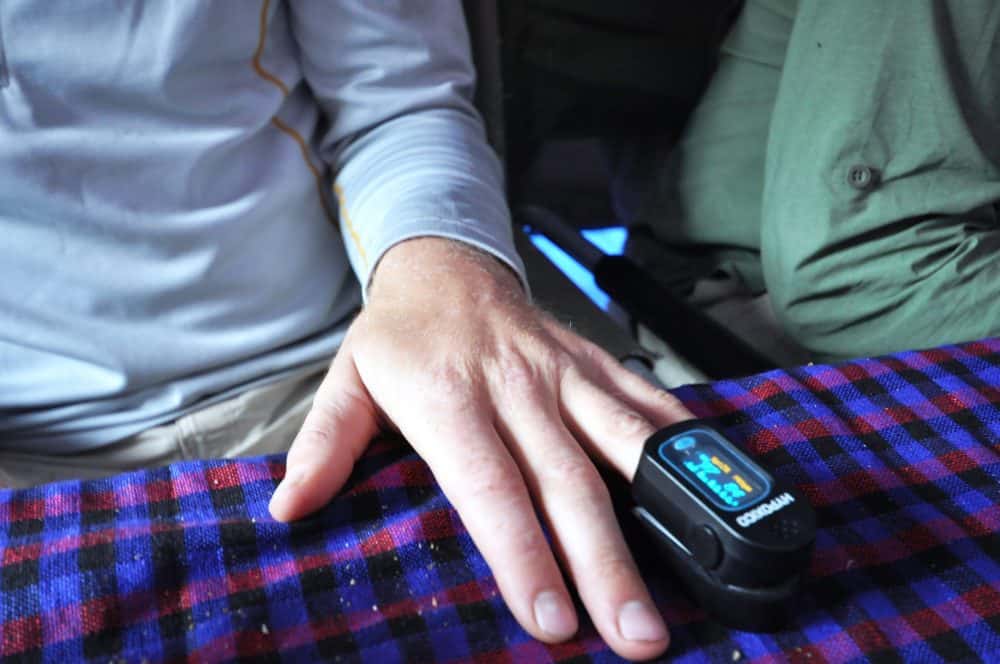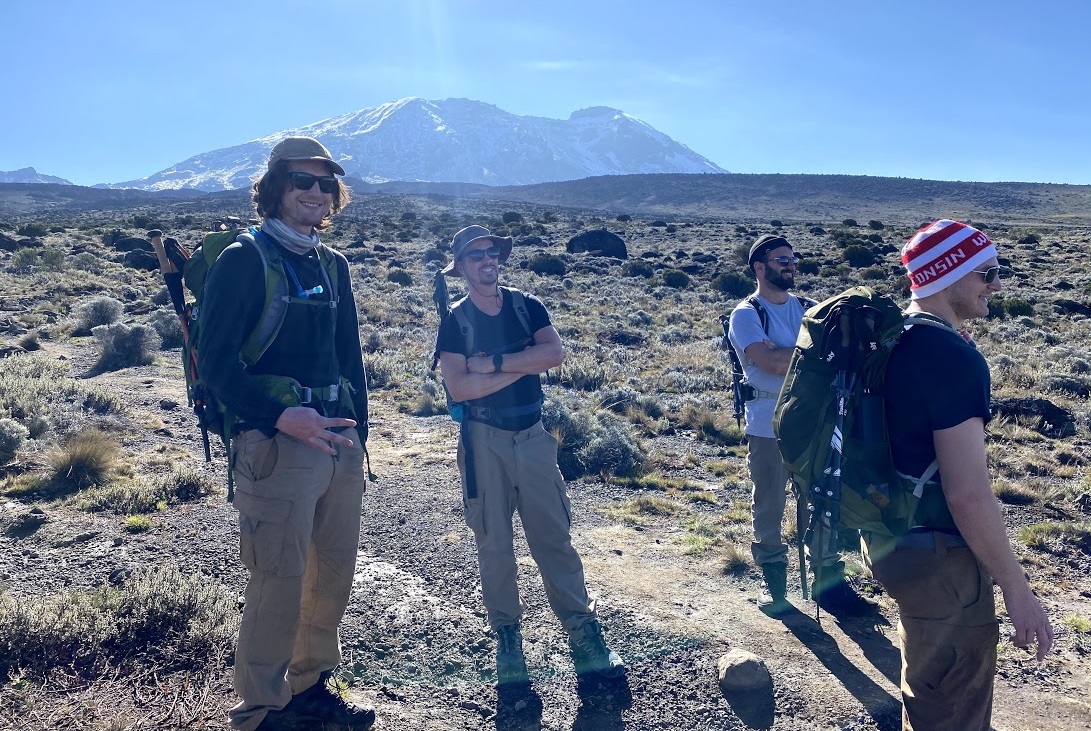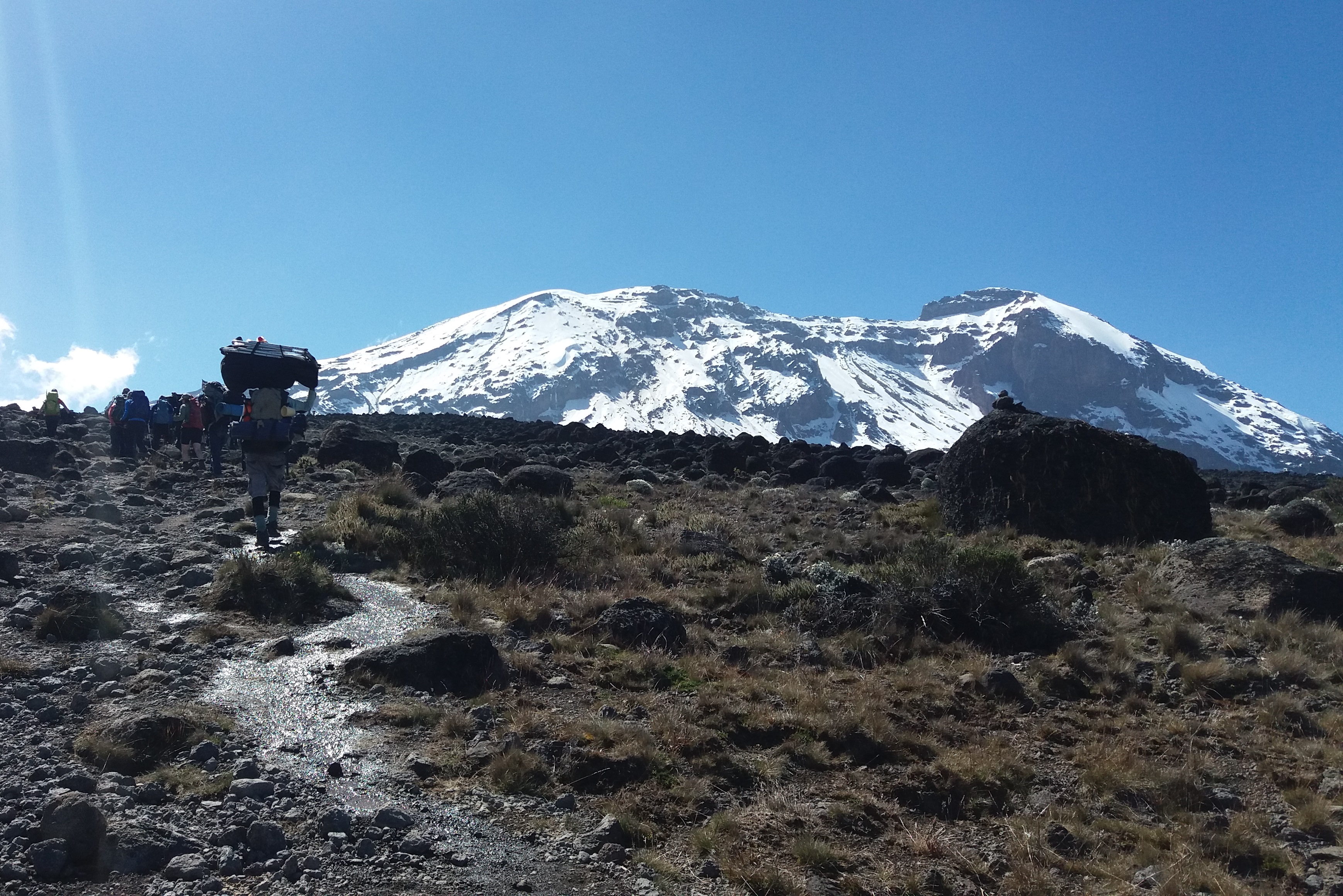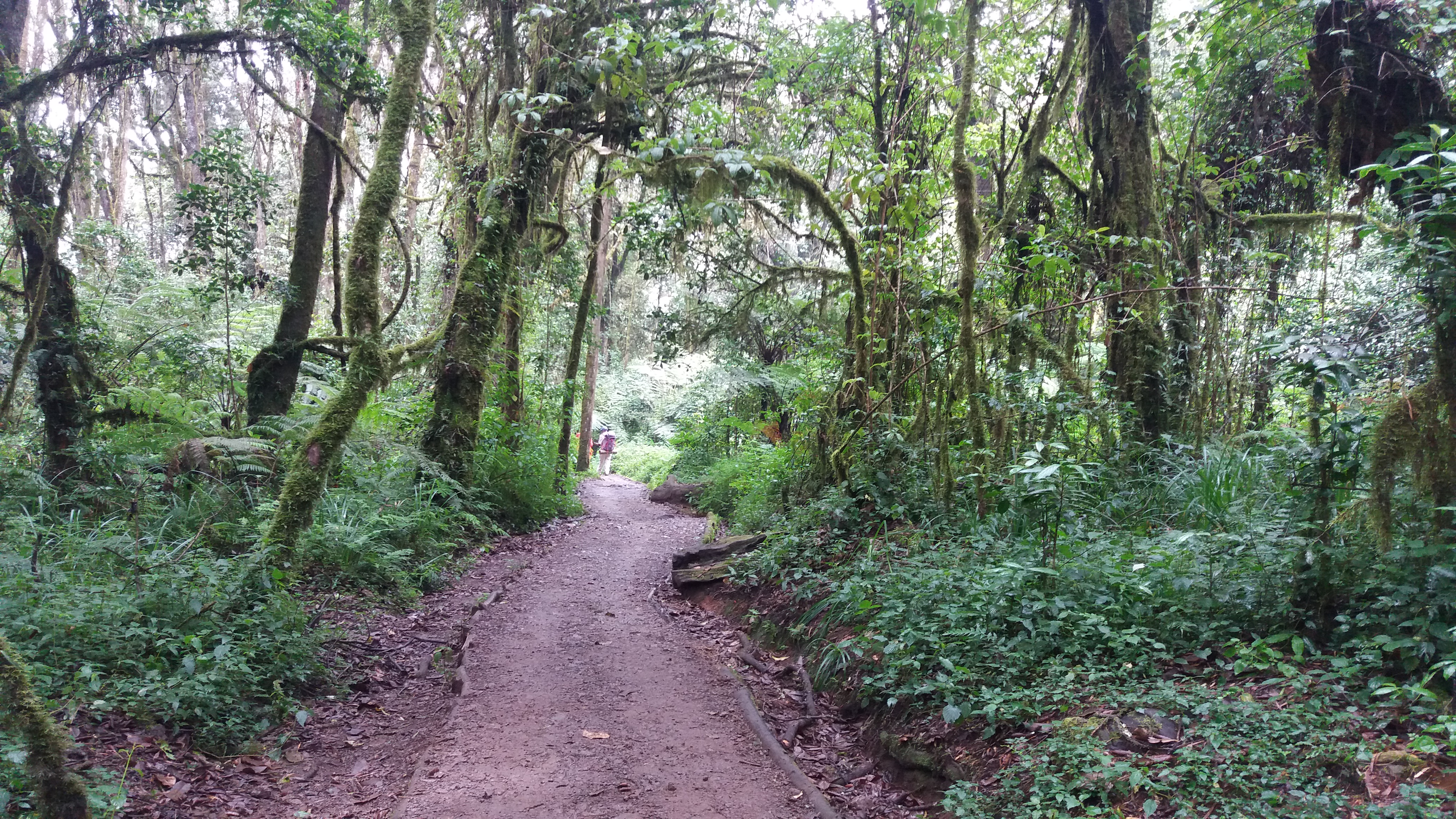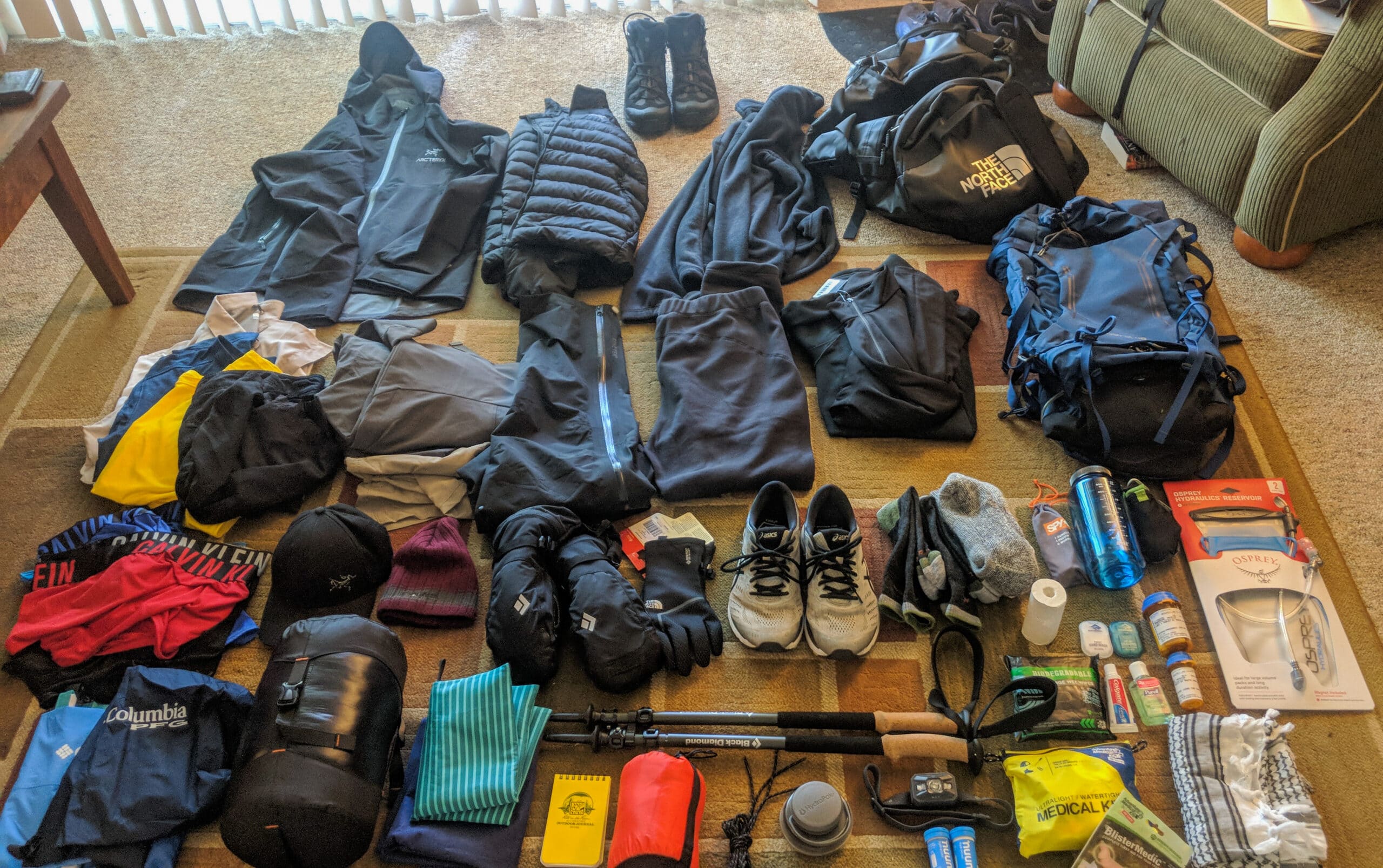
The temperature on Mount Kilimanjaro can vary significantly, making it essential to plan your gear carefully. Using a Kilimanjaro packing checklist will ensure you’re well-prepared for the journey ahead. Dressing in layers is key to managing these temperature fluctuations and staying comfortable throughout your hike.
Base Layer: Start with a moisture-wicking base layer to keep sweat away from your skin. This will help regulate your body temperature and prevent chills.
Mid-Layer: Add an insulating mid-layer for warmth. Fleece or lightweight down jackets are great options, as they trap heat while remaining breathable.
Outer Layer: Finish with a waterproof and wind-resistant outer layer to protect against the unpredictable mountain elements. Look for a durable shell jacket that can withstand rain and wind.
Documents
- Passport (with 6 months validity after your proposed return date)
- Cash in USD $ (Bank notes printed after 2006, notes printed before this year are not accepted anywhere in Tanzania)
- Yellow fever certificate (If transiting/travelling from a endemic country/region)
- Copy of passport
- Airline travel documents
- Health / travel insurance documents
- High altitude trekking insurance
- Latest booking summary
- Tanzanian tourist visa
- VISA / MASTERCARD card for emergency (surcharges applicable)
Footwear
- Light shoes (Trainers / sneakers, running shoes etc. for walking around the camp)
- Water-proof hiking boots (Well worn-in)
- Woolen socks / Thermal socks
- Hiking socks
- Thin liner socks
- Calf Gaiters*
- Crampons*
Clothing
- Balaclava*
- Fleece or hoodies*
- Anorak* / Down jacket / Water and wind proof jacket*
- Glasses (recommended instead of contact lenses)
- Raincoat or Poncho*
- Waterproof / wind-proof trousers*
- Hiking trousers / pants*
- Shorts
- Regular underwear
- Scarf* / Neck warmer*
- T-Shirts*
- Sports bra / underwear
- Sunglasses (UV filtered)*
- Watch
- Sun hat, warm hat*
- Thermal trousers and top
- Waterproof gloves*
- Glove liners
Personal first aid / medicine
- Acetazolamide (Diamox) if required
- Pain killers (e.g. Aspirin, Ibuprofen, Paracetamol)
- Plasters / bandages / plaster tape
- Own prescribed medication
- Sun protection cream (spf 30+)
- Lip salve/balm (With UV protection)
- Malaria tablets
- Anti-diarrhea tablets
- Antiseptic cream
- Anti-nausea tablets
- Blister pads
- Small scissors
- Anti-acid
- Water purification tablets
- Other medicine / first aid contents
- Throat lozenges
- Rehydration packets
Personal hygiene
- Deodorant
- Hairbrush / comb
- Sanitary products
- Soap / Body wash (no rinse)
- Toothbrush + toothpaste
- Wet wipes & tissue packets
- Vaseline
- Towels
- Toilet paper
Food and drink
- High energy snacks (e.g. Cereal bars, dried fruits, nuts, chocolates and sweets)
- Powdered sports drinks / energy drinks
- Water purification tablets (for 1-5 lts) / Water purification system
- Personal food products (e.g. for special dietary requirements, allergies etc)
- Water bladder / Water bottle (hard plastic, metal etc. – no soft plastic bottles permitted on the mountain by National Park)
Baggage and sleeping
- Waterproof day pack (33-35 Lts capacity, for personal use on the mountain / daytime hike pack)*
- Duffel bag* / large rucksack/ hold all – 100+L capacity to be carried by porters (not hard material)
- Inflatable / Self inflating mattress*
- Ziploc bags (for cameras, binoculars etc.)
- Sleeping bag (with at least a -10 rating or better)*
- Travel pillow
- Waterproof rucksack cover
- Sleeping bag liner
Other items
- Binoculars
- Head torch (with extra batteries)
- Power bank for electronics
- Video / picture camera (with spare film / memory cards / batteries and a disposable camera just in case)
- Torch / flashlight (with extra batteries)
- Playing cards, books etc. (for evening entertainment)
- Mobile phone (there is some signal reception available on most parts of the mountain)
- Luggage locks
- Ear Plugs
- Walking poles (a pair)*
- Purse / Wallet / Money belt
- Notebook and pencil / pen

